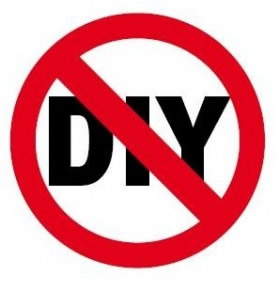
“When the going gets tough, the tough get going.” Wikipedia says this proverb came either from Joseph P. Kennedy (President Kennedy’s father) or the Notre Dame coach, Knute Rockne. It’s all about standing tough, manning up, and all that GI Joe kind of thinking.
For me, in voiceover, the going got tough when I discovered early in my journey into audiobooks that I had to deal with mouth noise, along with the usual editing and proofing. Now for those of you who do commercials, a mouth click or two in 30 seconds is no big deal. Find ‘em. Delete ‘em. Poof. Done.
But in an audiobook that might include 65 audio files and total over 11 hours plus: OMG. What to do? People told me to eat apples, drink licorice tea, brush my teeth, move to a rainforest, or just live under water. None of that worked.
I had to come terms with my mouth, its age, the medications I take, the desert I live in, and my way of breathing.
But I also had to figure out which clicks and pops were worth my time, because above all, futzing around with clicks mid breath or pops mid word, TAKES TIME!
My wife started telling people she was an audiobook widow!
Before the only solution became taking the audio file to Hoover Dam and jumping off with it, I realized this was a problem I COULD NOT SOLVE BY MYSELF. I need to find some help.
First, George Whittam sold me an “effect stack” for TwistedWave, just as I booked my first audiobook with ACX. All by itself, this custom-made set of audio filters solved SOME of the problems, and made meeting ACX specs possible.
The next “ah-HA” was discovering iZotope’s RX product, with its audio healing tools like Mouth DeClick. Suddenly 95 percent of my workload disappeared.
Then, at a voiceover conference came a BFO (Blinding Flash of the Obvious). Outsource! Stop listening to the audio so much. Record it. Pass it to your editor! Fix the mistakes the editor finds and meantime book the next audiobook!
I had to let go and let somebody else judge my clicks, gasps and whistles. I had to let someone else, with another set of ears, listen for the misreads that I made, but that now I had so much trouble hearing.
The moral of this story: sometimes doubling down and working harder isn’t the answer. Sometimes knowing when to get help IS the answer.
What is your advice for someone who is just beginning? I have found additions to audacity that help but there are some I just can’t fix. Also, there is no way I can afford an editor right now. I want the samples I put up of myself to be as clean as possible.